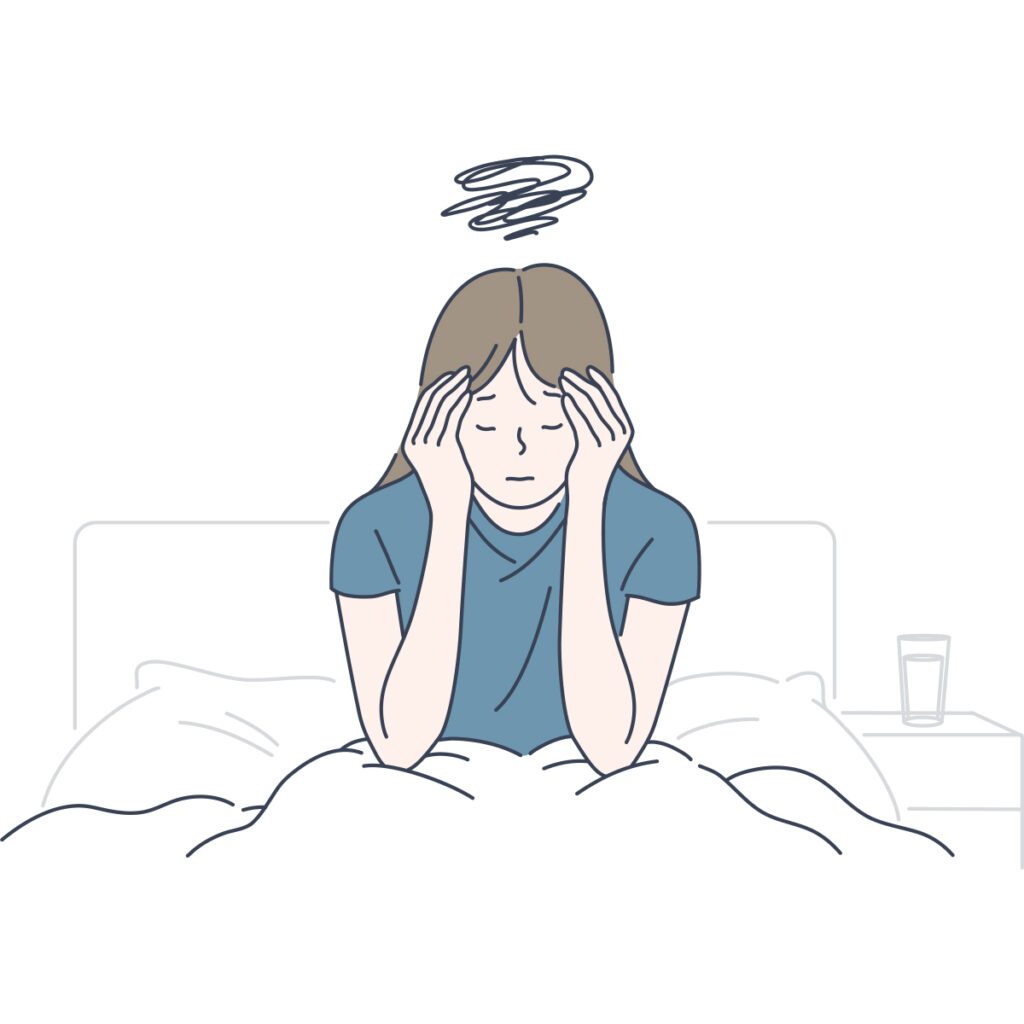
Chronic Fatigue Syndrome
Examining Exhaustion We all know that good sleep is important for healthy brain and body function, but what happens when you still feel exhausted after

Examining Exhaustion We all know that good sleep is important for healthy brain and body function, but what happens when you still feel exhausted after
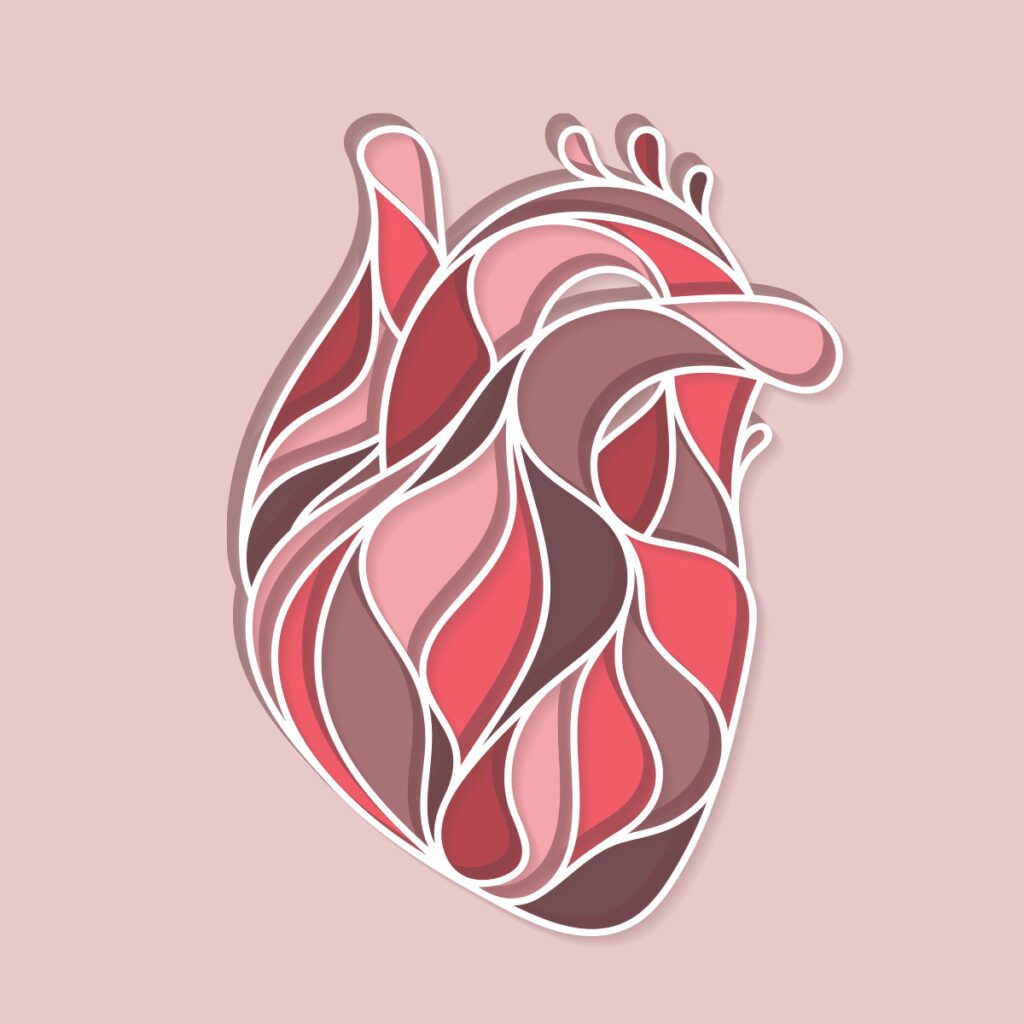
What To Know Each year, February is designated as American Heart Month – a time to raise awareness about heart disease and focus on improving
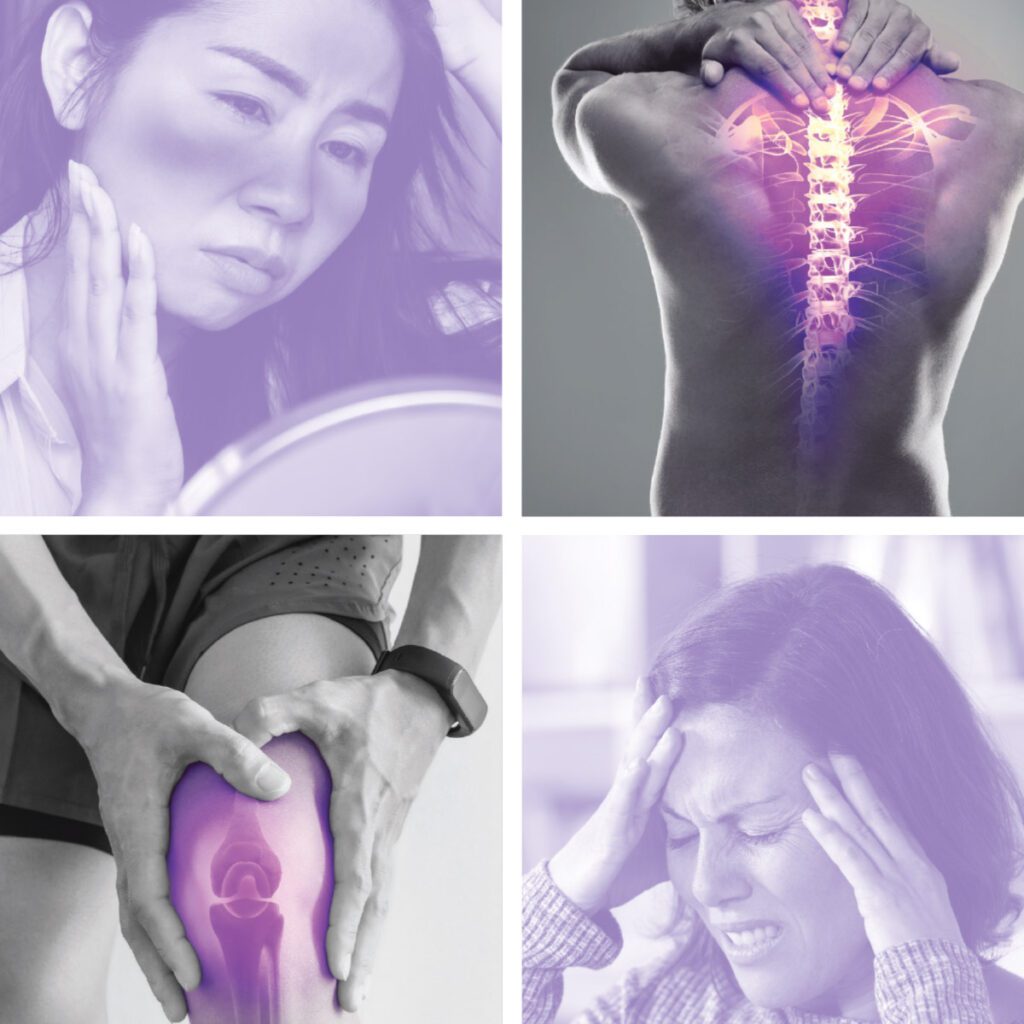
The 411 on This Autoimmune Disease Lupus causes a wide range of symptoms and can affect every part of the body, which can have a
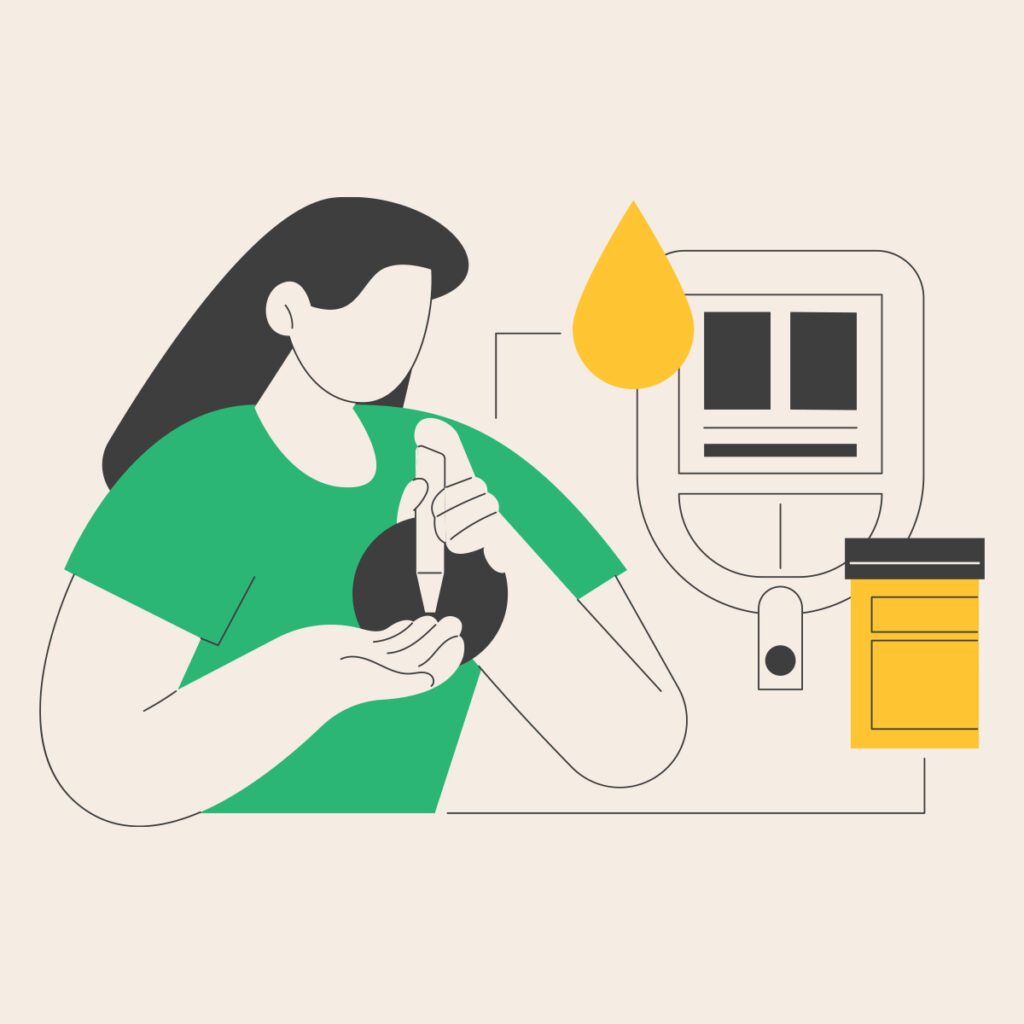
Distinguishing the Types Over 37 million adults in the United States have diabetes, but the CDC reports that 1 in 5 are not aware of
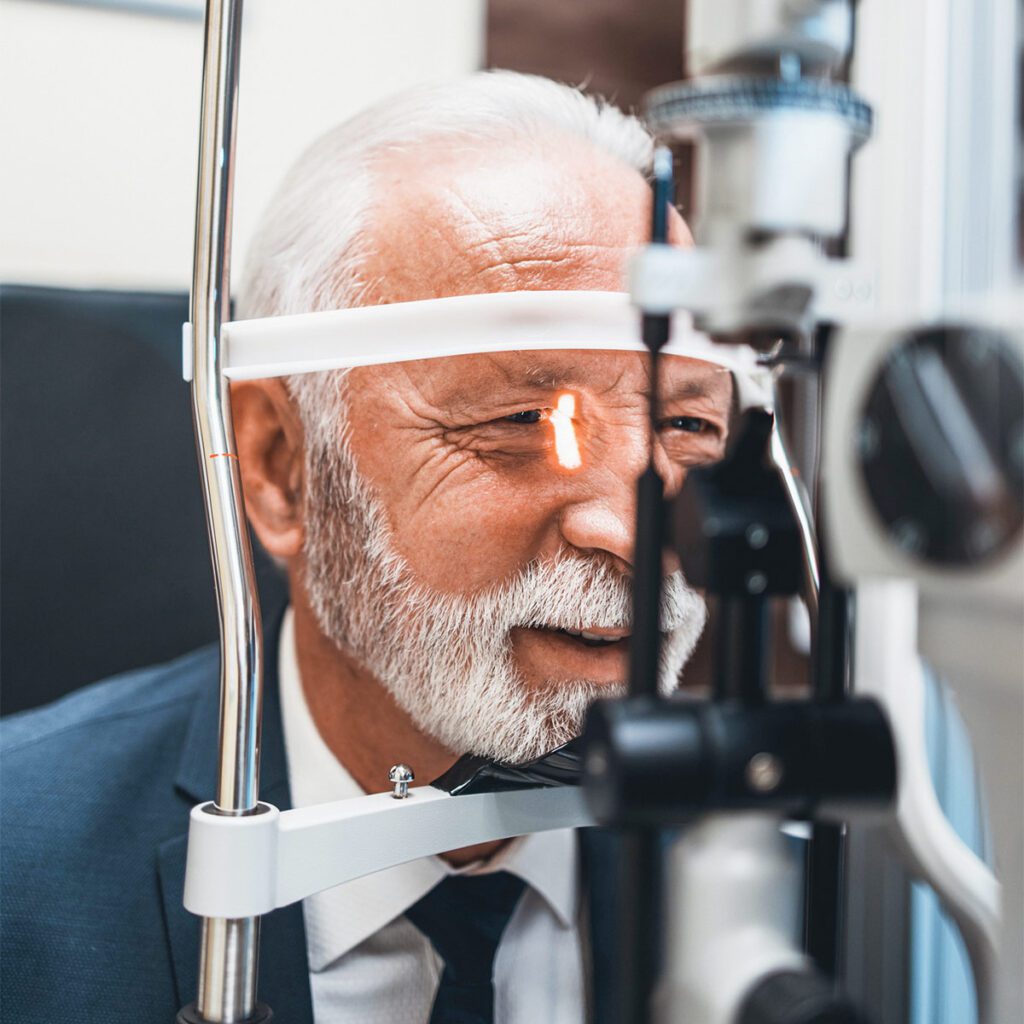
Annual Aging Well Section This common eye condition causes gradual vision loss in aging adults. What are Cataracts? The human eye has a natural lens

Annual Aging Well Section State-of-the-art orthopedic care can help ease pain and improve hand function for aging adults. Understanding Hand Health We use our hands

Annual Aging Well Section Healthy veins and arteries are an important aspect of maintaining good health in old age. Common Vascular Conditions Old age is
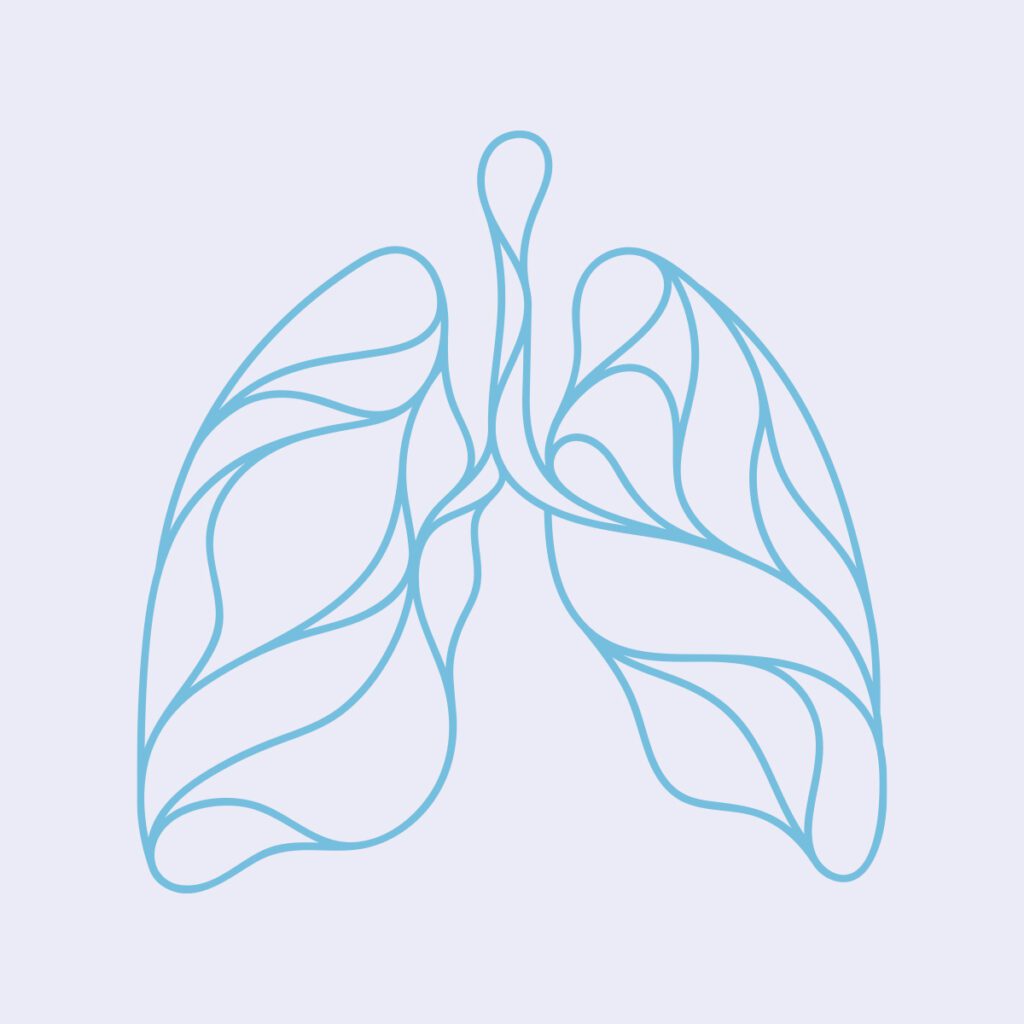
What You Need to Know Lung cancer is the third most commonly diagnosed cancer in the United States, but it claims more lives than any

Uncovering the Truth about Concussions A concussion is a common type of traumatic brain injury that can be more significant than some people realize. Here,

What You Need to Know about Blood Disorders There are many different types of blood disorders which can cause a variety of symptoms, but many

The Particulars of Pancreatitis Instances of acute and chronic pancreatitis have increased steadily in recent decades. In the United States, acute pancreatitis accounts for roughly
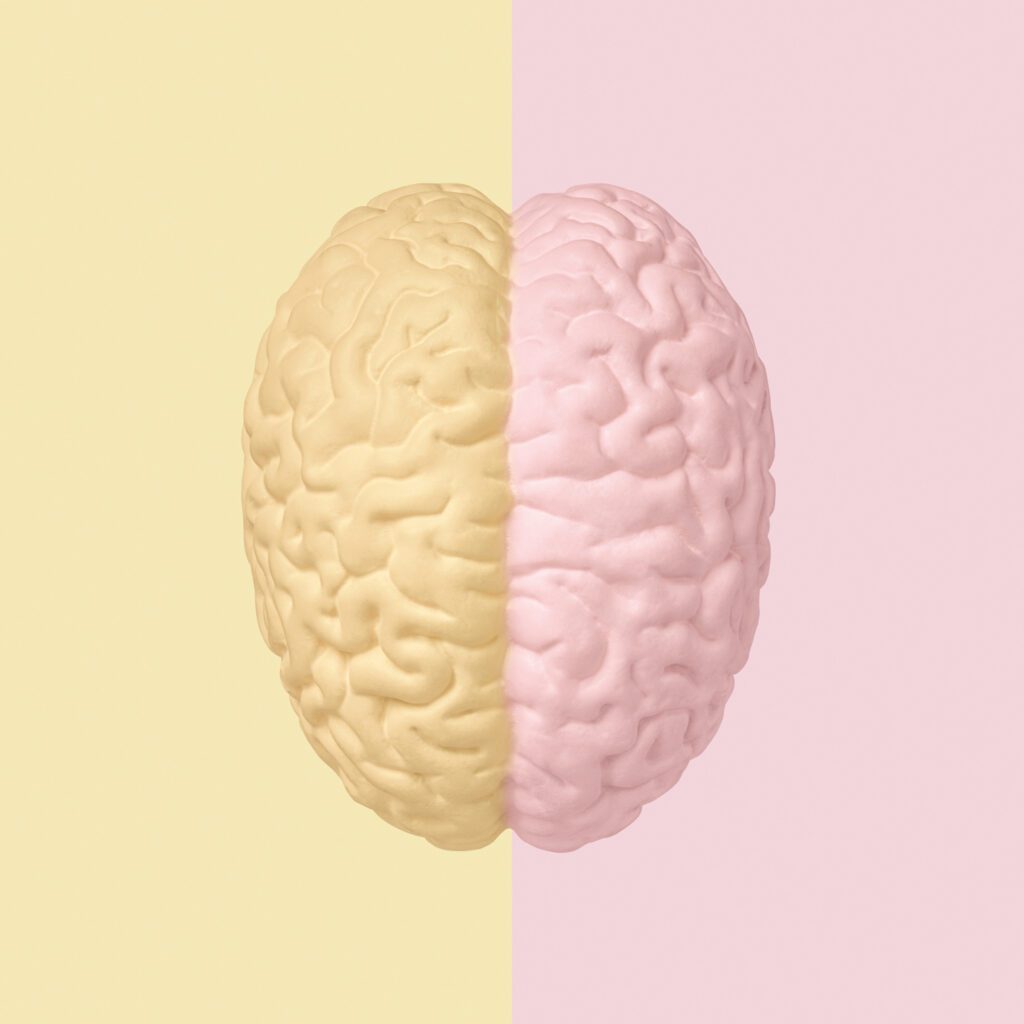
Every 40 seconds, someone in the United States experiences a stroke. Roughly a third of these strokes will result in aphasia, or an impaired ability
HEALTH
BEAUTY & STYLE
LIFE
RELATIONSHIPS
FOOD
FITNESS
PERSONAL GROWTH
ABOUT US
HEALTH
BEAUTY & STYLE
LIFE
RELATIONSHIPS
FOOD
FITNESS
PERSONAL GROWTH
ABOUT US
HEALTH
BEAUTY & STYLE
LIFE
RELATIONSHIPS
FOOD
FITNESS
PERSONAL GROWTH
ABOUT US
HEALTH
BEAUTY & STYLE
LIFE
RELATIONSHIPS
FOOD
FITNESS
PERSONAL GROWTH
ABOUT US
HEALTH
BEAUTY & STYLE
LIFE
RELATIONSHIPS
FOOD
FITNESS
PERSONAL GROWTH
ABOUT US
HEALTH
BEAUTY & STYLE
LIFE
RELATIONSHIPS
FOOD
FITNESS
PERSONAL GROWTH
ABOUT US
HEALTH
BEAUTY & STYLE
LIFE
RELATIONSHIPS
FOOD
FITNESS
PERSONAL GROWTH
ABOUT US